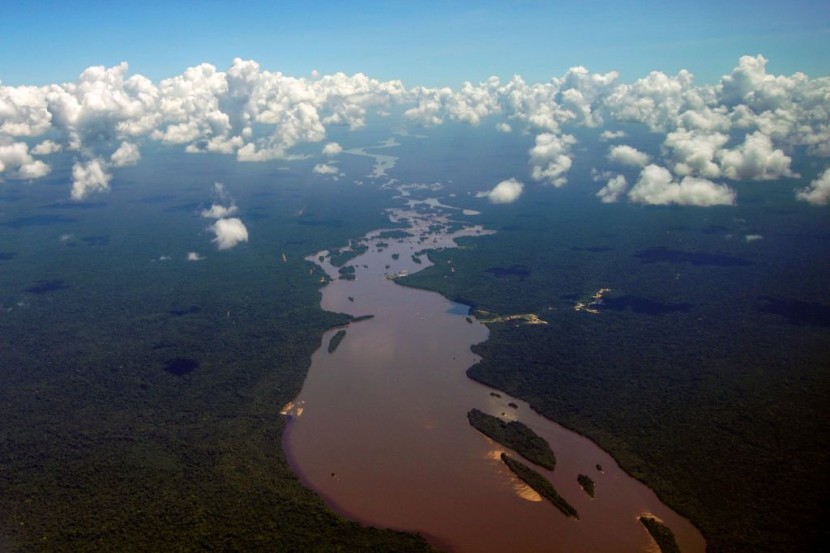The United Nations' top court has issued an order that bars Venezuela from taking any action that could alter Guyana's control over a disputed territory.
Despite the order, the global agency did not specifically ban the South American country from holding its planned referendum on Sunday regarding the future of the territory. The situation came after Guyana had asked the International Court of Justice (ICJ) to order a halt to parts of the vote.
UN Court Issues Order Over Essequibo

Officials argued that the vote was aimed at paving the way for Venezuela to annex the disputed Essequibo region, which makes up roughly two-thirds of Guyana. The two countries interpreted the UN top courts' Friday ruling as largely backing their own positions regarding the territory in question.
However, the court order falls short of any explicit mention of the referendum but notes that Venezuela must "refrain from taking any action which would modify that situation that currently prevails" in Essequibo.
The legally binding ruling will remain in place until a case that was brought by Guyana against Venezuela on the future of the disputed region is considered by the court. This is something that could take years, as per ABC News.
Court President Joan E. Donoghue said in comments explaining the verdict that the order on Friday was necessary. He said that this was because "Venezuela's expressed readiness to take action" on the disputed territory" at any moment following the referendum shows that there was a real and imminent risk of "Irreparable prejudice" to Guyana's right before a final decision is given by the court.
Venezuela had arranged a referendum to ask voters five questions on Sunday, including whether or not to create a Venezuelan state in Essequibo. It also asked whether voters support granting Venezuelan citizenship to the current and future residents of the region.
The situation comes as Venezuela does not recognize the UN panel's jurisdiction over the decades-long dispute. However, Vice President Delcy Rodriguez characterized the ruling as a "victory for Venezuela." This is given that the UN did not order a halt to the referendum plans.
Venezuela's Claims to the Region
The region of Essequibo spans roughly 160,000 square kilometers and for more than a century, Guyana has administered the area. Its government insists on retaining the border that was determined in 1899 by an arbitration panel. On the other hand, Venezuela agreed with the ruling until 1962, when it changed its mind, according to Aljazeera.
For its part, the Venezuelan capital, Caracas, claims that the Essequibo River to the east of the region forms a natural border and has been recognized as such since 1777. This was when the so-called Captaincy General of Venezuela, an administrative district of colonial Spain, was established.
In 1899, while Guyana was still under British rule, a tribunal backed by the United States and Russia ruled that Britain should have control of the region. Venezuela has spent the last few decades laying claim to the region and the dispute has intensified after ExxonMobil, a U.S. oil giant, discovered oil in the area in 2015, said DW News.
© 2026 HNGN, All rights reserved. Do not reproduce without permission.








